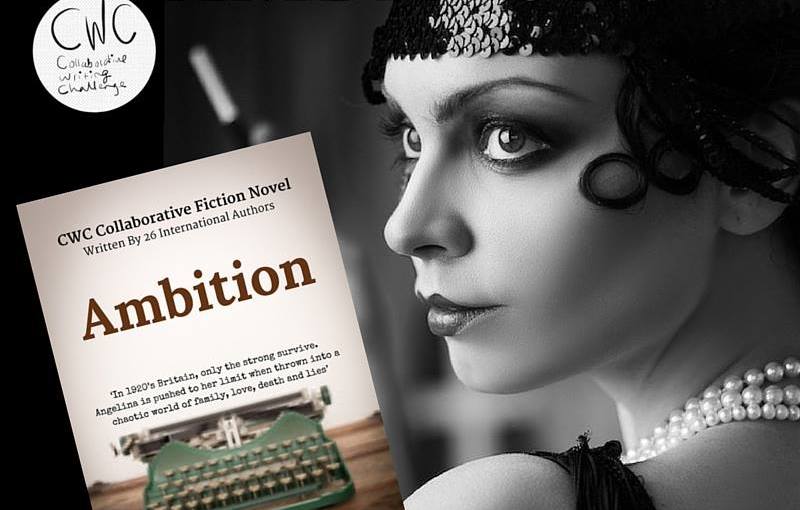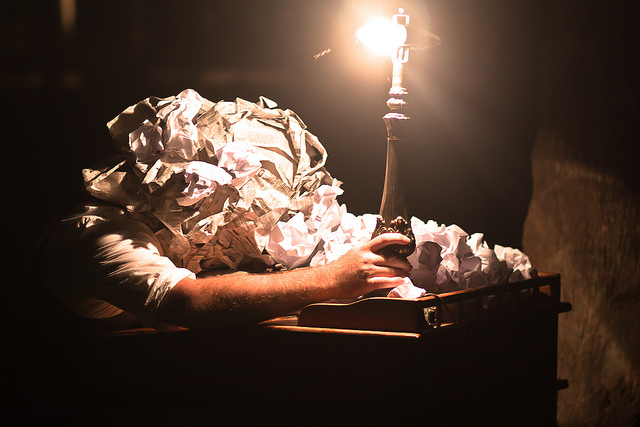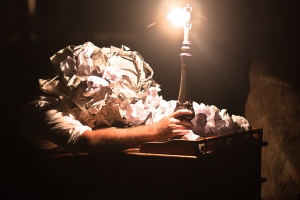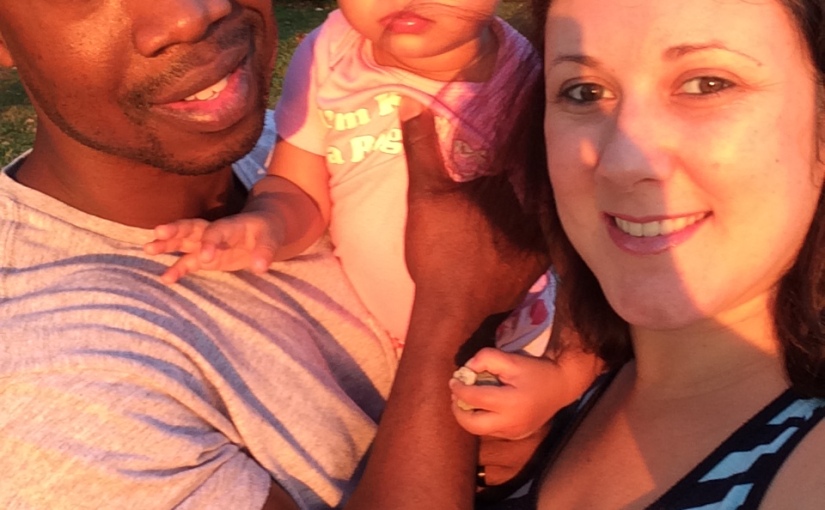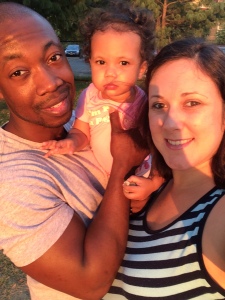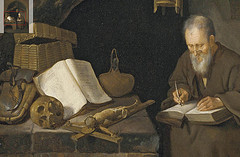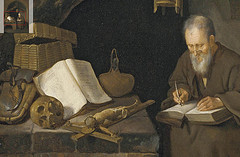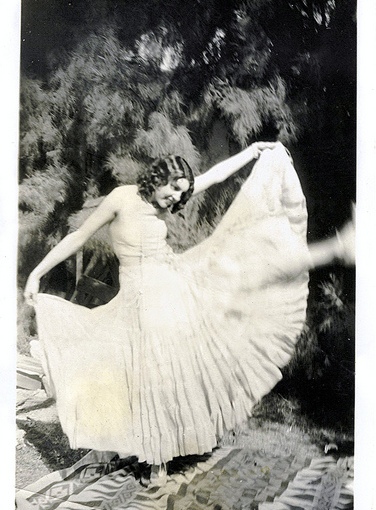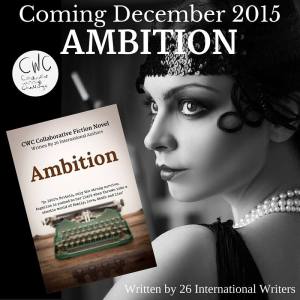
I realize it’s been some time since I’ve written about my work with Collaborative Writing Challenge, and I thought today would be the perfect time, seeing as ‘Ambition’ has just be released!
My work with CWC as Story Coordinator for our third project, a Sci-Fi adventure titled ‘Ark’, and as Chief Editor for all the collaborative projects underway and our newly arranged holiday anthologies has been a whirlwind of fun, craziness, and overwhelming pride. Getting ‘Ambition’ together and adding all the final touches seemed daunting at the time, but it was such a beautiful experience, and this is just another reason why CWC is a phenomenal arena within the writing community.
I like to describe this collaborative novel as “Great Gatsby meets ‘007”. Sound fun, right? And it definitely is.
Set in the 1920’s in London (mostly), this story chronicles a young woman named Angelina, who wants nothing more than to get her manuscript published. Not only did she spend months of her life writing the thing, she has to fulfill the dying wish of her former employer and dear friend – a woman who murdered her husband, and who in turn asked Angelina to write the story of her life and publish it.
The manuscript is stolen from Angelina and published under someone else’s name, and a whole world of chaos opens up as the secrets of the published book unravel within both the high-society circles of the London aristocracy and the underground dealings of wartime spies and MI6. Angelina, of course, is the center of it all.
I could go on and on about how intricate, complex, and vastly entertaining this novel is, but the point of this post isn’t to go into the details of the book itself. I want to write about CWC, its fabulous writers, and the amazing process undertaken by writers and Story Coordinators alike to polish such a well-written adventure. It’s hard enough to participate in a collaborative project due simply to all the plot twists, all the different characters, and being at the whim of others’ ideas for their own submitted chapters. There’s no forward planning and no endpoint – only the schedule, the chapter summaries, and the notes for locations, characters, and plot highlights. Tack on the fact that this book is written by twenty-six different authors (which is an amazing feat) and the fact that this is set in a 1920’s time period (not something with which most of our writers have a lot of experience), and we’ve managed to create something absolutely amazing.
I did not coordinate ‘Ambition’, but I had agreed to fill an open writing slot within the schedule to write one of the chapters. One of my previous posts this year was about the epiphanies I had as a “CWC writer” working on ‘Ambition’. At first, it seemed an incredibly daunting task, having nothing else to go on within the story but the complete chapter written before mine, summaries of all previous chapters, and highlights of the plot. I was terrified of getting something wrong, thinking I didn’t have all the information and couldn’t possibly pull this off. When I realized I had just as much information as all the other writers working with CWC, I was filled with an intense admiration for all the CWC writers who do this every single time it’s their turn in the schedule to write a chapter. And somehow, that knowledge allowed me to write a piece of the book.
Coordinating ‘Ark’, our third project, continues to be a fantastically enlightening experience. Yes, I have a bit more of a hand in the story beyond writing a chapter (though I haven’t yet had to write one for this project). I get to choose the submissions each week that best open up the story line for the future writers, both for the plot and the character development, and it’s so much fun to see the brilliance these writers pull out of their heads every week.
But when I finally got my hands on the final draft of ‘Ambition’ for its final round of editing, the amazement I experienced going through this work dwarfed all other surprises CWC has given me.
Twenty-six authors, all given the same, limited knowledge of the previously written chapters and one-line descriptions of characters and locations, built upon one another’s work so well that, as I edited, I literally could not tell that this book had been written by so many different people. The characters never deviate, the language reflects itself, and the plot is built as though it was intricately outlined from the beginning. Not to mention the fact that this book runs in three points in time: the present, the past in which Angelina hears Madame Lockridge’s story and types it up, and even further back in time than that with the story of Madame Lockridge’s life itself. ‘Ambition’ is entertaining, complex, exciting, and brings back some of the most fun aspects of the 1920’s mixed with a minor romantic sub-plot.
The point of all this, essentially, is to say that, for someone who had very little to do with the process of writing the actual novel (I had no idea where the chapter I wrote would fit into the book when I wrote it), I immensely enjoyed ‘Ambition’, and would rate it right up there with some of my favorite novels written by only one author.
If you haven’t heard about CWC’s latest collaborative novel and its recent publication, I urge you to grab a copy for yourself and experience the magic of collaborative fiction – and the brilliant minds who worked together to create it.
Grab your copy of ‘Ambition’ here. If you love it as much as I did, please share with all your reader friends. We’d also love your feedback and reviews on Amazon – show support for these extraordinarily talented writers.
If you’ve enjoyed what you’ve read here and would like updates on more CWC projects, subscribe to my weekly newsletter. If any other topics on the form interest you, just check the boxes for each.
You can find out more about CWC at CollaborativeWritingChallenge.com, and subscribe to CWC’s monthly newsletter to hear about all their amazing projects and opportunities, both for writers and readers.

